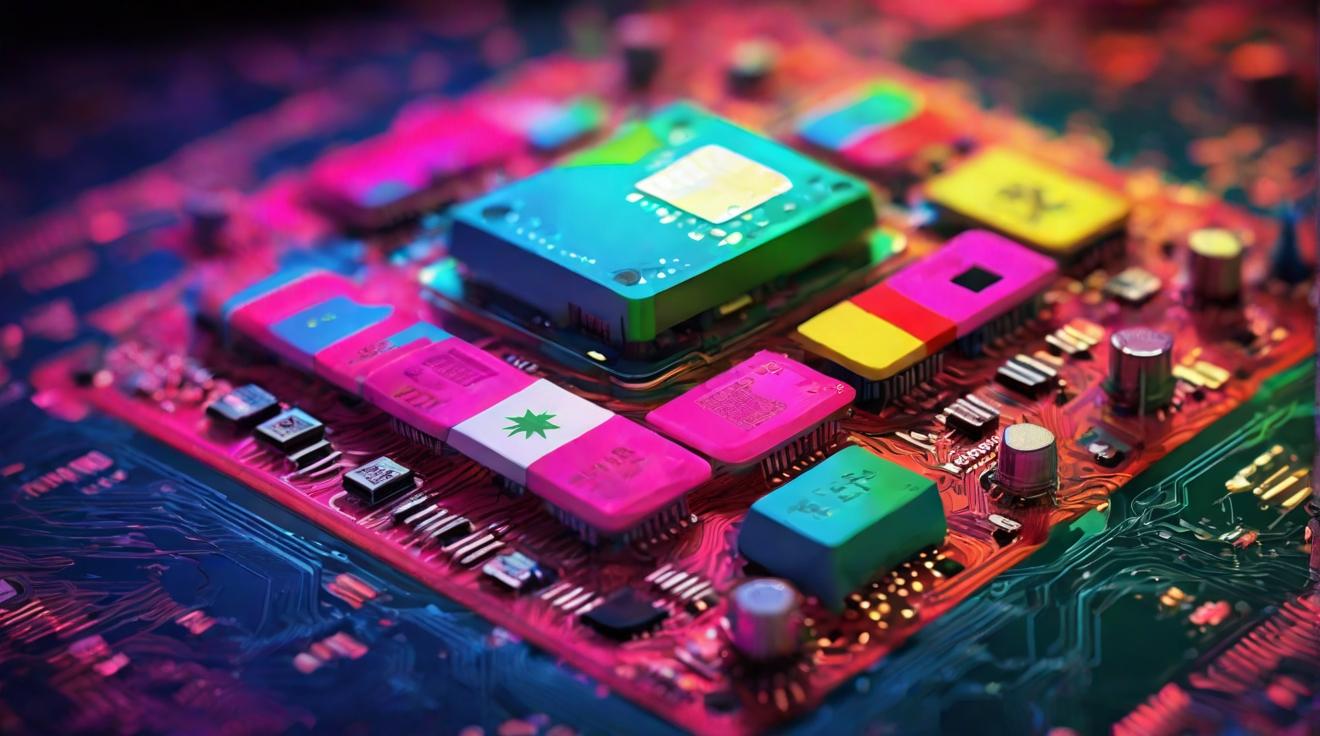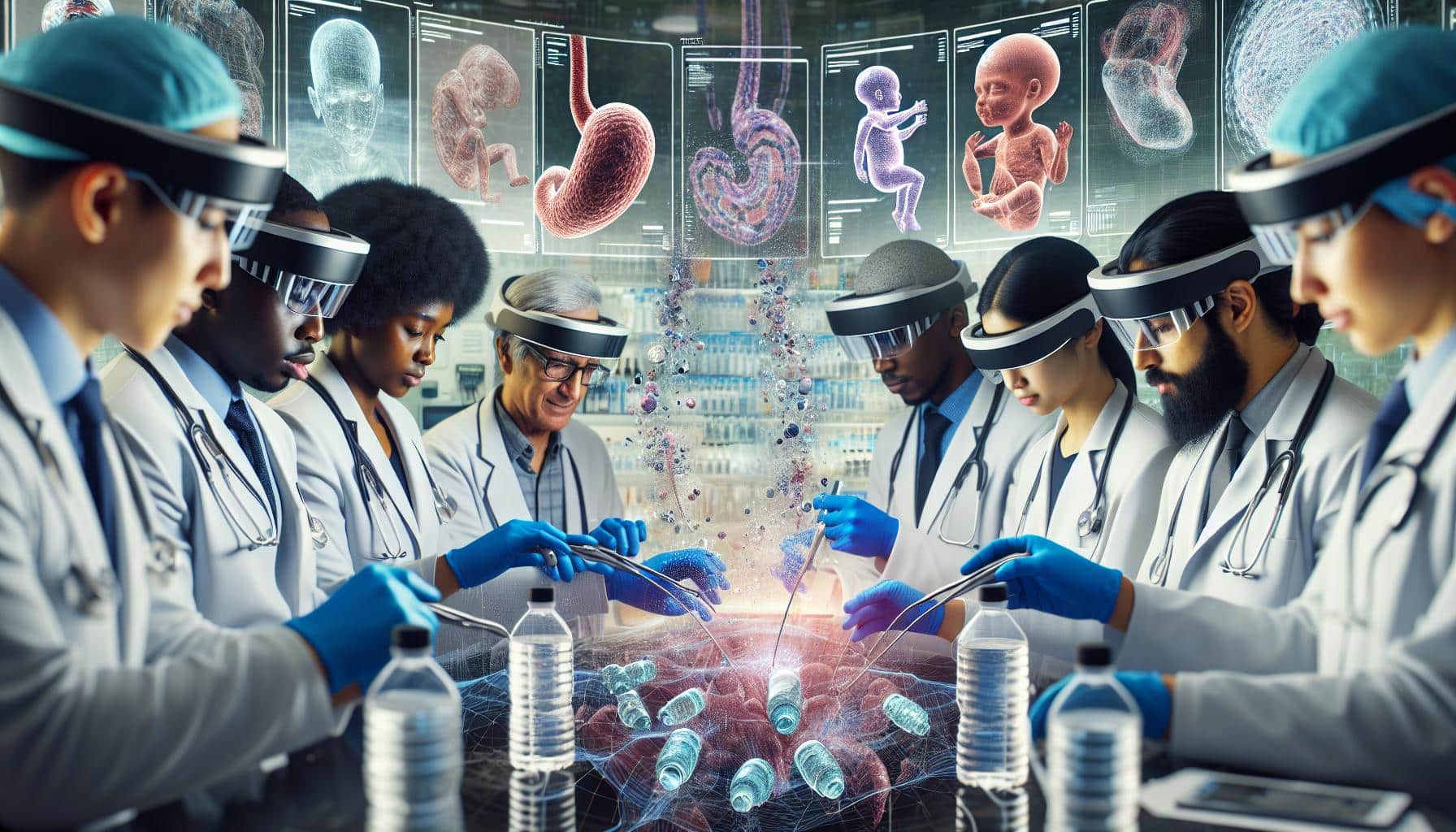Revolutionizing Dentistry: AI, CAD/CAM, and More Breaking Ground in Healthcare
In an age where technology seamlessly intertwines with our daily routines, dentistry has taken a leap into the future. Innovations such as Artificial Intelligence (AI), Computer-Aided Design/Computer-Aided Manufacturing (CAD/CAM) technology, digital scanning, virtual reality (VR), and augmented reality (AR) are not merely buzzwords but pivotal elements transforming dental care dramatically. These technological advancements are redefining the traditional dental visit, propelling it into a futuristic journey characterized by improved accuracy, efficiency, and enhanced patient experience.
AI: The New Frontier in Dentistry
Among the plethora of technological breakthroughs, the integration of AI in dentistry stands out as particularly transformative. Its application spans across diagnostic procedures, treatment planning, and predictive analytics, marking a significant leap in dental technology. Deep learning networks, a subset of AI, have refined dental technologies further, enabling precise diagnoses and personalized treatment plans. This fusion of AI with other advanced technologies like robotics and 3D printing is envisioning a future where dental procedures are not only efficient and less invasive but also more comfortable for patients.
Revamping Dental Care with CAD/CAM and Digital Scanning
The introduction of CAD/CAM technology and digital scanning in dentistry represents a revolutionary shift. These technologies facilitate the design and creation of dental restorations that are accurate, aesthetically pleasing, and significantly improve the patient experience by replacing uncomfortable mold-taking processes. The efficiency and speed of these technologies not only reduce the time patients spend in the dental chair but also enhance the operational throughput of dental practices, thus making dental care more accessible and efficient.
Exploring New Realities with VR and AR in Dentistry
The integration of VR and AR technologies in dentistry opens up new avenues for patient care and educational engagement. By offering immersive experiences, these technologies help make dental procedures less intimidating for patients and educational content more captivating for students. VR and AR have the potential to simulate dental procedures for training purposes, offering a realistic yet risk-free environment for aspiring dentists to refine their skills. Moreover, these technologies can visually guide patients through dental procedures, reducing anxiety and improving their overall experience.
The Role of BCC Research and the 'Innovation Spotlight' Series
In the backdrop of these advances, BCC Research stands as a beacon of insight and innovation, introducing the 'Innovation Spotlight' series. This initiative emphasizes the role of cutting-edge technologies in driving business growth and offers a platform for companies to exhibit their innovative solutions. BCC Research plays a crucial role in maximizing the commercial potential of patents and intellectual property through comprehensive market research, empowering businesses to make informed decisions.
As we usher in a new era of dental care, it is evident that the amalgamation of technology and healthcare is key to achieving unprecedented levels of efficiency, accuracy, and patient satisfaction. With forward-thinking initiatives like BCC Research's 'Innovation Spotlight' series, the future of dentistry and healthcare innovation is set to shine brighter than ever, ensuring that dental care is not just about treatment but a holistic experience that enhances patient well-being and comfort.
Analyst comment
Positive news:
This news is positive as it highlights the advancements in dentistry through the integration of AI, CAD/CAM technology, digital scanning, VR, and AR. These technologies are transforming dental care by improving accuracy, efficiency, and enhancing the patient experience.
Market prediction:
The market for dental technology is expected to grow significantly as these innovative advancements become more widely adopted. The demand for AI, CAD/CAM technology, digital scanning, VR, and AR in dentistry will increase as dental practices seek to improve their efficiency and offer a better patient experience. Companies in this space can expect a strong market growth and increased adoption of these technologies.













